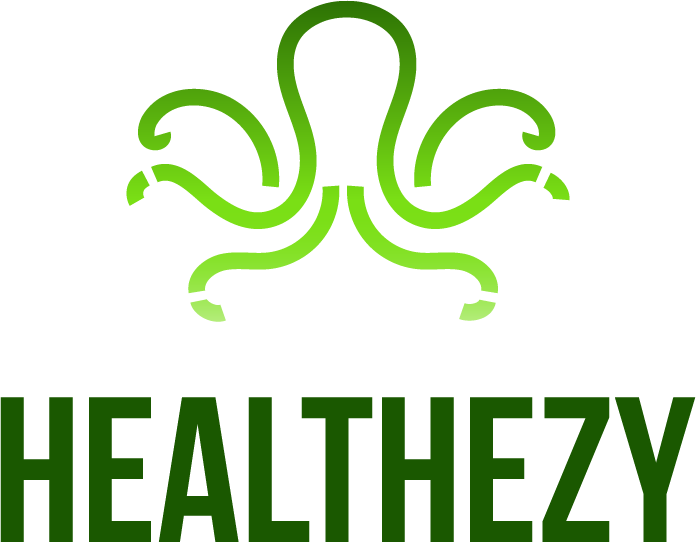Traceability refers to the ability to track and trace the movement of products, ingredients, or components through various stages of production, processing, distribution, and consumption using documented information.
Historical Context
The concept of traceability has gained significance in recent years due to increased concerns about food safety, quality, and transparency in supply chains. It has evolved alongside advancements in technology and regulations.
Production and Sourcing
Traceability is essential in agriculture, manufacturing, and other industries to ensure the origin, quality, and safety of products. It involves documenting the sources of raw materials and their journey to the final product.
Applications
Traceability is widely used in food production, where it helps identify the source of contaminated products during recalls. It is also crucial in pharmaceuticals, logistics, and the automotive industry.
Regulatory Framework
Many countries have implemented regulations requiring traceability in specific industries, such as food and pharmaceuticals, to improve safety and quality control.
Consumer Concerns
Consumers are increasingly concerned about the origin and safety of products they consume. Traceability provides assurance and transparency, addressing these concerns.
Health and Safety
Traceability contributes to the safety of products by enabling quick identification and removal of potentially harmful items from the market.
Applicable Products
Products where traceability is essential include food items, pharmaceuticals, electronics, and automotive components, among others.
Alternatives
In industries where traceability is essential, there are limited alternatives, as it plays a critical role in ensuring product safety and quality.
Scientific Research
Scientific research in traceability often focuses on developing more efficient tracking methods, improving data management, and enhancing supply chain transparency.
Case Studies
Case studies in traceability demonstrate its effectiveness in preventing foodborne illnesses, ensuring quality control, and reducing the economic impact of recalls.
Future Trends
Future trends in traceability may involve greater integration of technology, such as blockchain, to enhance data security and transparency.
Opinions
Opinions on traceability are generally positive, as it helps build trust between producers and consumers, enhances safety, and supports ethical sourcing.
Warnings
There are no specific warnings associated with traceability, but failures in traceability systems can result in safety and quality issues.
Synonyms
Synonyms for “traceability” include “tracking,” “tracing,” and “supply chain visibility.”
Conclusion
Traceability is a critical component of modern supply chains, ensuring product safety, quality, and transparency. It is essential for building consumer trust, complying with regulations, and responding effectively to safety concerns and recalls. Understanding the significance of traceability in various industries is crucial for improving overall product quality and safety.







